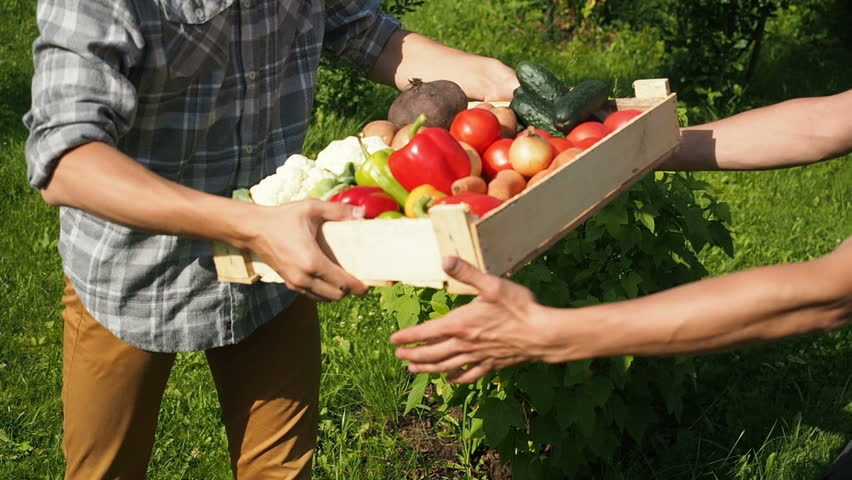
If you’re reading this blog, you’re making conscious low carb choices every day, but what and how you eat can also have a positive impact on the environment. Here are nine ways you can make sustainable food choices that go hand-in-hand with living a low carb lifestyle:
- Shop locally. Support local farmers whenever you can, whether that means perusing your farmer’s market for fresh veggies and fruit, having your eggs, milk and cheese delivered from a dairy near you and buying meat and poultry that has been raised locally and sustainably.
- Buy fresh food in season. Transporting fruits and vegetables to your grocery store shelf has a negative impact on the environment. So do fruits and vegetables grown in greenhouses. Pick fresh food in season (see tip #1 for shopping locally), and, you can still enjoy fruits and vegetables you savored in the summer during the winter, as long as you choose lightly processed versions that have been canned, frozen or preserved.
- Cut back on meat. A juicy steak is delicious, but raising and transporting livestock requires more energy and resources than growing plants. Just one plant-based meal a day or a plant-based day of eating at week has a positive impact. Atkins has plenty of delicious low carb plant-based recipes, plus, you can learn how to eat low carb as a vegetarian or vegan here.
- Skip the junk food. It sounds simple, but don’t waste your money (and the precious resources used to produce and transport them) on foods like soda, candy and chips, which do nothing for your health or the environment.
- Learn to love leftovers. According to the National Resources Defense Council, about 40% of the food produced in the United States is never eaten. You’ll cut back on food waste when leftover dinner morphs into a portable lunch, and extra veggies or meat turn your breakfast egg scramble into something special.
- Support the organic industry. The regulations surrounding organic foods encourage sustainable farming practices, such as limiting the use of synthetic pesticides and controlling weeds and pests naturally. Animals are raised with plenty of access to the outdoors and are given organic, hormone- and GMO-free free feed, while diseases are prevented naturally.
- Pass on plastic. Invest in reusable grocery bags. You can even buy mesh cotton produce bags, and skip the plastic produce ones on the roll. Swap out your aging plastic food storage containers for glass containers.
- Plan your shopping. Did you know you’re making a positive impact on the environment (and your waistline) if you plan and shop for all your meals one day a week? You’ll waste less food and eliminate multiple last-minute trips to the store. You can also have your groceries delivered for a fee (your delivery driver is making multiple grocery drop-offs, which is also more efficient) or schedule a time to pick them up while you’re already out and about doing errands.
Small changes to how and what you eat can lead to big results when it comes to your weight, health and environment!